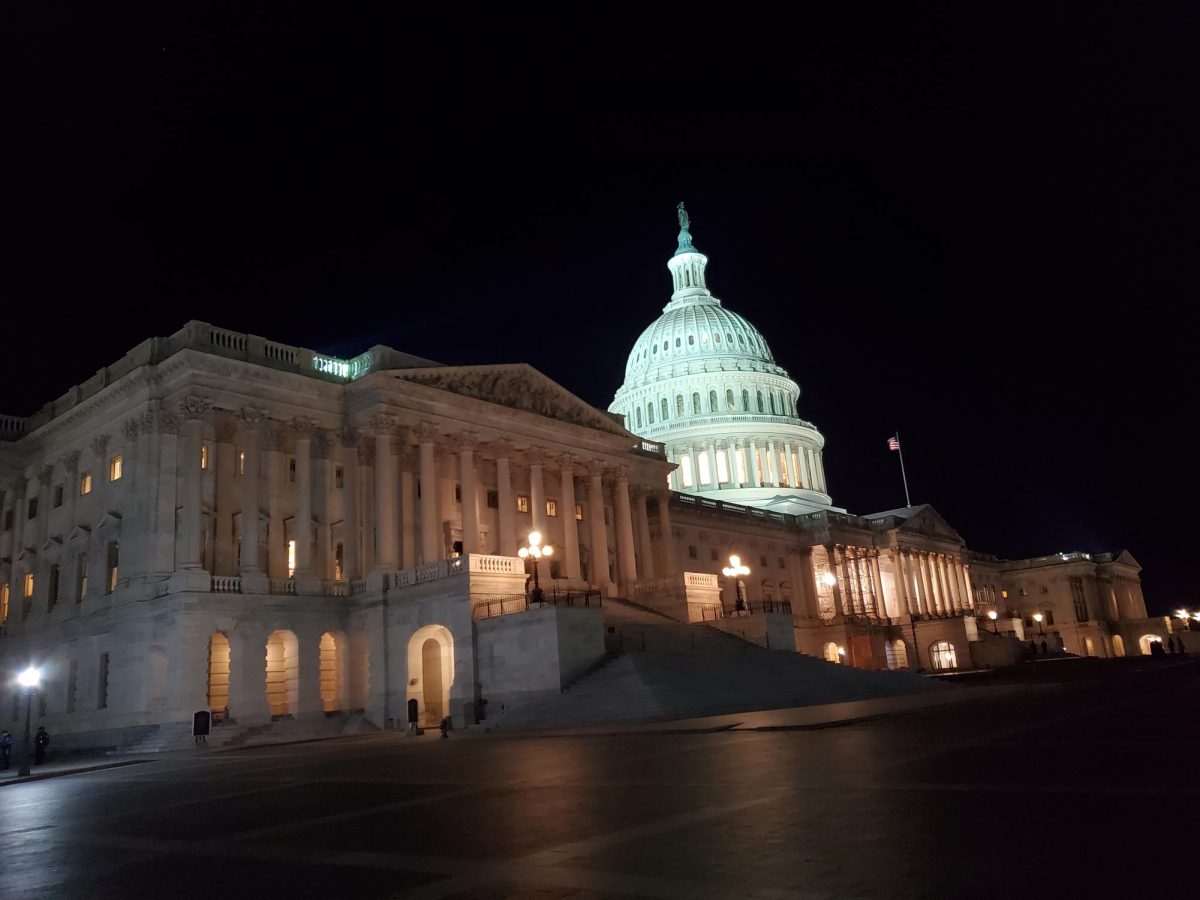This week, Greece looks to negotiate an extension of their bailout plans with the European Union. For more than two years, Greece has been asking for some extension of time to repay the debt demanded by international creditors. This week, Greece’s Finance Minister, Yiannis Stournaras, says the country has been given more time to hit bailout targets.
Although Mr. Stournaras did not specify how much extra time Athens had been granted, he commented that they had indeed obtained an extension to meet the austerity targets to receive its bailout installments. Mr. Stournaras stated that all negotiations would go before parliament next week.
Yet, this statement was met with skepticism from European Central Bank (ECB) president Mario Draghi who said later he was unaware that an extension had been agreed upon. This confusion is yet another example of how the entire bailout situation has been laced with discrepancy, difficulty and a lack of communication and understanding between the two groups.
The Greek Prime Minister Antonis Samaras’s New Democracy party leads a coalition government which also includes the socialist Pasok and a small Democratic Left party. Although they are looking at the austerity measures, they have yet to come to a consensus and fully support.
The Greek government has been negotiating with representatives of the European Union, ECB and the International Monetary Fund about agreeing to give out more of the money from the $168 billion rescue package. This will be the second multi-billion euro bailout that Greece has been allotted.
What is currently being debated is whether or not Greece should receive the next portion of this second bailout, which is worth $40.8 billion. With a recession that has been charted as the deepest in Europe and most recent figures showing an economy that shrank by 6.2 percent in the second quarter of the year, Greece is in dire straits. In actuality, many speculate that if Greece does not receive this second portion, their government’s funds may be entirely depleted by the end of next month.
On the other hand, although the future of Greece does indeed look grim, some analysts believe there is still hope for Greece.
Dr. Vassilis Monastiriotis, senior lecturer at the European Institute of the London School of Economics, told the BBC: “If Greece convinces the authorities it is on track with its debt reduction measures, the decision to allow the two-year extension is easy –- and by implication –- the $19.4 billion funding that goes with it. If the extension is agreed it means the austerity measures can be less drastic and this will stimulate the economy, leading to higher tax revenues, thereby reducing the cost of the extension to the eurozone. I remain convinced that Greece will stay in the euro.”






